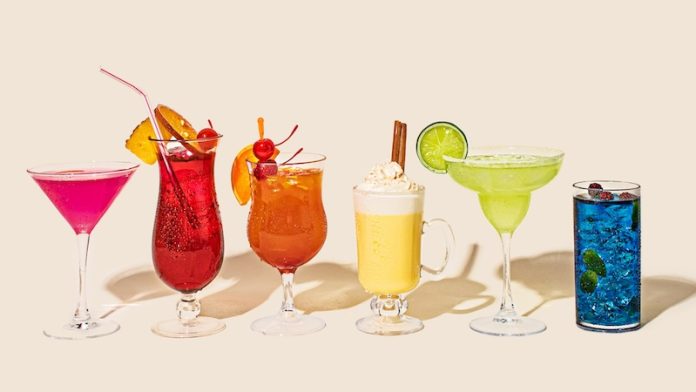
As we age, what we drink can have a bigger impact on our health than we might think. For adults over 60, staying properly hydrated is essential, but not all drinks are created equal. Some can support your overall health, while others might do more harm than good.
Research sheds light on the best and worst drinks for aging bodies, and understanding these options can help you make smarter choices every day.
One of the best drinks for older adults is plain water. It might not be the most exciting choice, but it’s the most important. Dehydration becomes a greater risk as we age because our bodies naturally lose some of their ability to sense thirst.
This can lead to fatigue, confusion, and even urinary tract infections. Studies have shown that staying hydrated improves energy levels, supports kidney function, and helps maintain healthy skin.
Experts recommend drinking 6 to 8 cups of water daily, though you may need more if you’re active or live in a hot climate.
Tea is another excellent choice, especially green tea and herbal teas. Green tea is packed with antioxidants called catechins, which have been linked to better heart health and brain function. Research also suggests that green tea may help reduce the risk of certain cancers and improve cholesterol levels.
Herbal teas, like chamomile or peppermint, can be soothing and are caffeine-free, making them a good option for relaxation in the evening. Just be cautious with teas that contain added sugar or artificial flavorings, as these can diminish the health benefits.
Milk and fortified plant-based milk alternatives, such as almond, soy, or oat milk, are also beneficial for older adults. These drinks are rich in calcium and vitamin D, which are crucial for maintaining strong bones and preventing osteoporosis.
Research shows that older adults who consume enough calcium and vitamin D are at a lower risk of fractures and bone loss. If you’re lactose intolerant, plant-based milks with added calcium and vitamin D can provide similar benefits.
Fruit and vegetable juices can be healthy when consumed in moderation, especially 100% juice options without added sugars. Orange juice, for example, is high in vitamin C and potassium, which support the immune system and heart health.
Vegetable juices, like tomato or carrot juice, are nutrient-dense and low in sugar, making them a great alternative to fruit juices. However, research warns that even 100% juices can be high in natural sugars, so limiting intake to one small glass per day is recommended.
On the other hand, sugary drinks like soda and sweetened iced teas are among the worst options for older adults. These beverages provide empty calories, spike blood sugar levels, and increase the risk of obesity, diabetes, and heart disease.
A study involving thousands of older adults found that those who consumed sugary drinks regularly were more likely to develop metabolic syndrome, a cluster of conditions that raises the risk of serious health problems.
Alcohol is another drink that requires caution. Moderate consumption of red wine has been linked to heart health benefits due to its antioxidants, but heavy drinking can lead to liver damage, high blood pressure, and an increased risk of falls.
Research suggests that for adults over 60, limiting alcohol to one drink per day for women and two for men—or avoiding it altogether—is the safest approach.
Energy drinks and high-caffeine beverages should also be avoided. These drinks can cause spikes in blood pressure, disrupt sleep, and lead to dehydration.
For older adults, who may already be taking medications or managing chronic conditions, the risks of energy drinks outweigh any potential benefits.
In summary, the best drinks for adults over 60 are water, tea, and fortified milks, while sugary drinks, excessive alcohol, and energy drinks are best avoided.
Choosing wisely can help you stay hydrated, support your health, and improve your quality of life as you age. Small, thoughtful changes to your beverage choices can go a long way in promoting healthy aging.
If you care about high blood pressure, please read studies about unhealthy habits that may increase high blood pressure risk, and drinking green tea could help lower blood pressure.
For more information about high blood pressure, please see recent studies about what to eat or to avoid for high blood pressure, and 12 foods that lower blood pressure.
Copyright © 2025 Knowridge Science Report. All rights reserved.









Leave a Comment